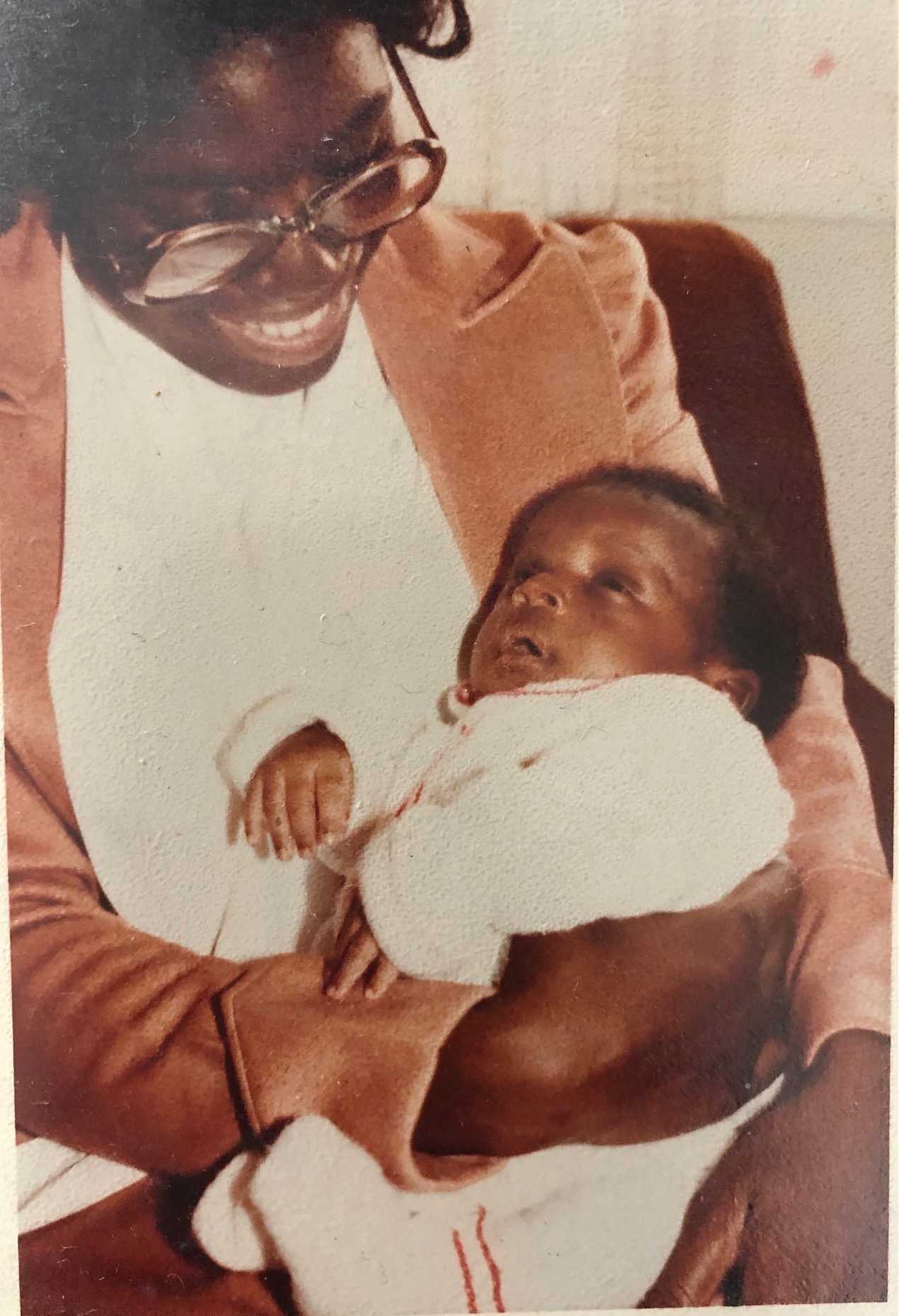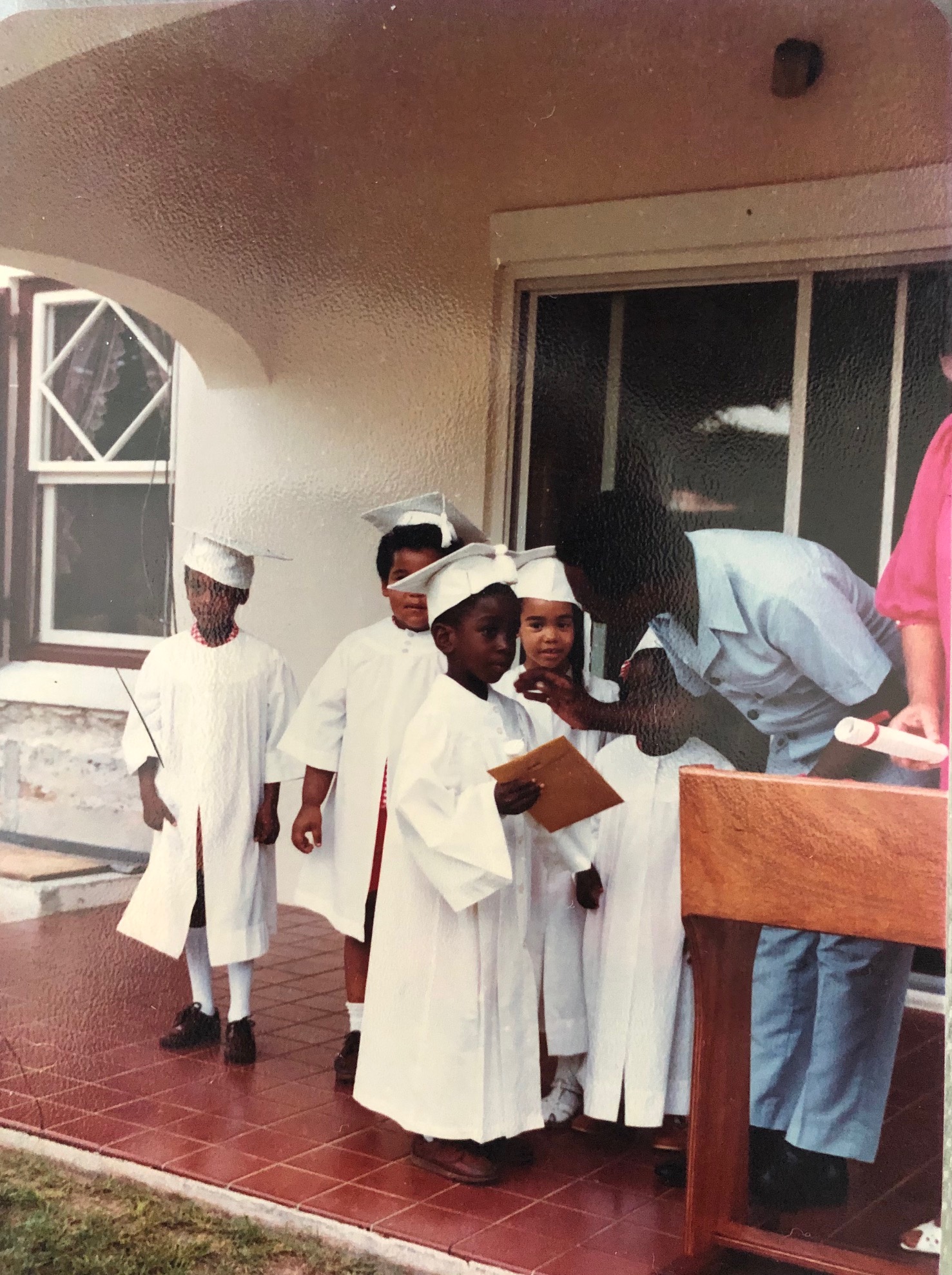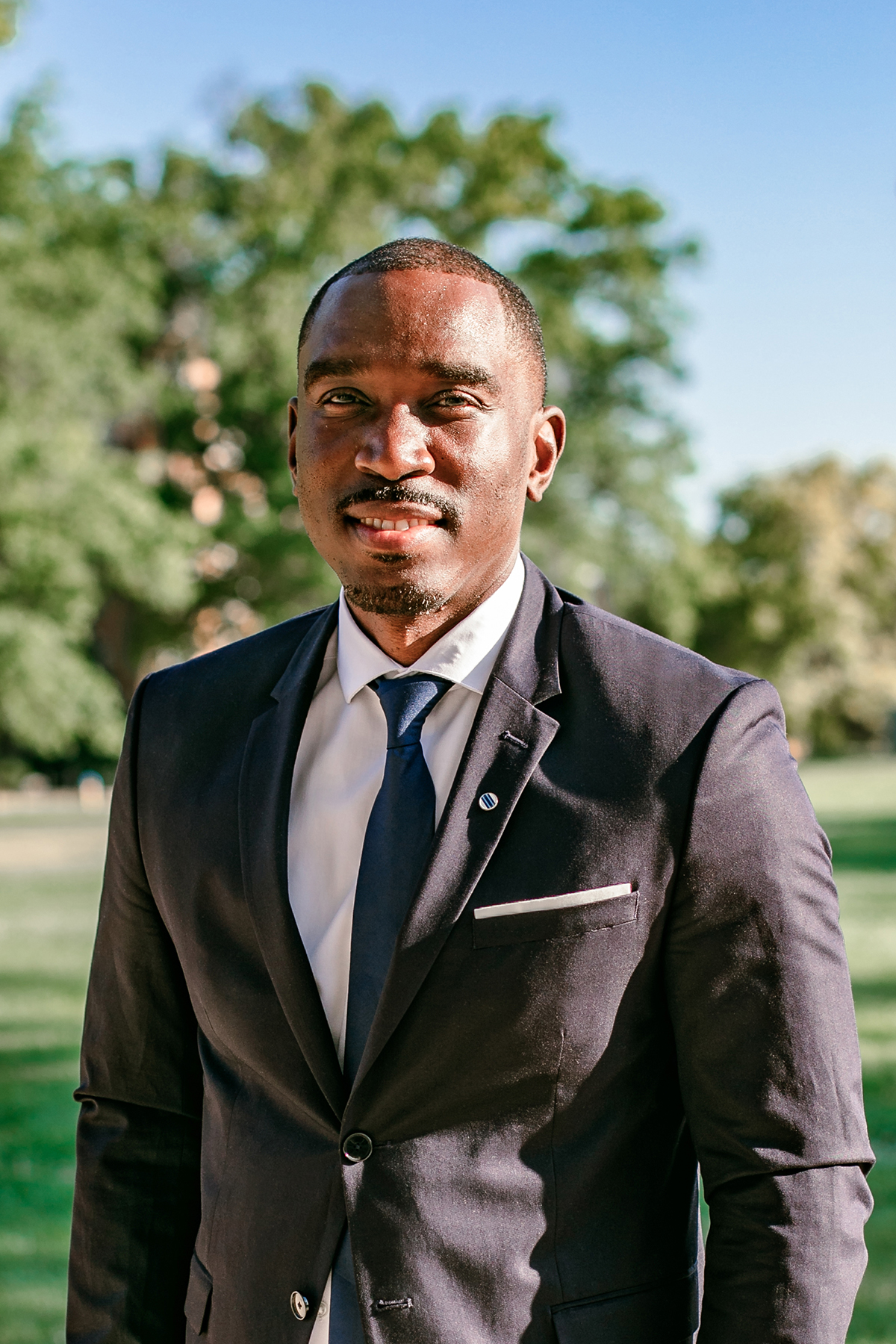Dr. Douglas is a scholar, consultant, administrator, and international speaker. On January 1, 2021, Dr. Douglas commenced a new position as the inaugural Associate Athletic Director for Diversity, Equity, Inclusion, & Belonging at University of California, Berkeley. He formerly served as an Associate Professor of Educational Leadership and Policy Analysis at the University of Missouri. His latest book, Campus Uprisings: How Student Activist and Collegiate Leaders Resist Racism and Create Hope (Teachers College Press) provides guidance to campus and corporate leaders who desire to address the legitimate needs of their stakeholders before they become demands. Follow him at @DrTyDouglas and visit www.DrTyDouglas.com
 I celebrated a birthday last week. I am grateful to all who reached out to say Happy Birthday! I have come to realize and appreciate that beyond the celebrations and well wishes from those who care about us, birthdays are special to me because they are a reminder of the beginning of something—in this case, the beginning of my life/ our lives; a reminder of the day when we were born…fresh, innocent, perhaps as close to ‘perfection’ (some may say) as we will ever be. From the day we are born until now, we experience challenges, hiccups and blemishes along the way. And some may lament this apparent distancing from supposed perfection as life proceeds.
I celebrated a birthday last week. I am grateful to all who reached out to say Happy Birthday! I have come to realize and appreciate that beyond the celebrations and well wishes from those who care about us, birthdays are special to me because they are a reminder of the beginning of something—in this case, the beginning of my life/ our lives; a reminder of the day when we were born…fresh, innocent, perhaps as close to ‘perfection’ (some may say) as we will ever be. From the day we are born until now, we experience challenges, hiccups and blemishes along the way. And some may lament this apparent distancing from supposed perfection as life proceeds.
I don’t tend to think this way as it relates to perfection, though I do believe beginnings are vital. I see perfection as an oft-messy process rather than a neat product. That said, I do believe that how we or something begins often speaks to the intention or ethos of the person(s) who created it or introduced it/them to the space. Moreover, how something begins affects the journeys, opportunities, and obstacles that individuals and institutions must face and overcome.
In this light, my birthday typically draws me to the reflective reality that on February 10th, my then 19-year-old mother gave birth to me with a resolve that from the beginning she would raise me to be a truth teller. In spite of her young age or the fact that her original plan was to get a degree in nursing rather than a degree in ‘motherhood,’ she was committed to ensuring that my beginnings—though not void of some of the complexities of an unplanned pregnancy—were grounded in truth, opportunity and a vision that my life would be purposeful. Truth learning-telling and truthfully living became her maternal modus operandi. She did not hide the vicissitudes of my identity from me. Everything was intentional: from my name and its spelling to the daycares and schools she sent me to. Motherhood was one thing she was committed to succeeding in and she, my dad and the community that nurtured me did succeed in this regard! Not because she is/was perfect (I am not sure perfection is possible or the goal), but because she was committed to a process of honesty.
 I believe there are broader, collective connections to the birthday context I have discussed so far. I believe Black History Month is an important time for our nation and the individuals within it to reflect on the beginnings of things too; a time to think about how and why Black people first came to this country…a time to reflect on our nation’s discomfort with truth learning-telling, as it relates to the histories, hiccups and heinous failure to provide liberty and justice for all—for us, Black people. I am acutely sensitive to the fact that arriving to this country on Delta Airlines in the 60s in pursuit of ‘opportunity’ is very different from our coming here as ‘chained opportunity’ under the bowels of a slave ship. The journeys and experiences of American Descendants of Slaves/ African Americans trumpets the fact that how and when one arrives/arrived here matters! Similarly, where we came from does too—whether your ancestors were already here or journeyed here directly from the continent of Africa, the Caribbean, Europe, South America or another geographical space.
I believe there are broader, collective connections to the birthday context I have discussed so far. I believe Black History Month is an important time for our nation and the individuals within it to reflect on the beginnings of things too; a time to think about how and why Black people first came to this country…a time to reflect on our nation’s discomfort with truth learning-telling, as it relates to the histories, hiccups and heinous failure to provide liberty and justice for all—for us, Black people. I am acutely sensitive to the fact that arriving to this country on Delta Airlines in the 60s in pursuit of ‘opportunity’ is very different from our coming here as ‘chained opportunity’ under the bowels of a slave ship. The journeys and experiences of American Descendants of Slaves/ African Americans trumpets the fact that how and when one arrives/arrived here matters! Similarly, where we came from does too—whether your ancestors were already here or journeyed here directly from the continent of Africa, the Caribbean, Europe, South America or another geographical space.
The reality is that the journey and truth learning-telling about the journey is vital. Not just for our own understandings about our own identities, but also toward our capacity to truly appreciate the brilliance and resilience of individuals and people groups who survived and thrived in spite of significant adversity—the degree of the difficulty, if you will.
The fact is we can’t tell the truth we don’t know.
Moreover, we cannot take it for granted that if we are Black or identify as a person of color, we understand the historical and contemporary challenges of the Black experience across the Diaspora. Certainly, the history lessons most of us were exposed to in schools did not provide sufficient access to this information. We must seek this knowledge for ourselves, and those of us in leadership positions have an added responsibility to engage this process not just for our own edification, but for the wellness and advancement of those we lead.

Black History Month calls us to that place of reflection. And the call is not just for Black people. We all got ‘here’ somehow. From our individual births into this world to the arrival or survival of our ancestors, we all had a beginning and it impacted us. This week I want to invite you to consider your beginnings—whether complex or what you may deem as common, there is always nuance that impacts who we are, what we believe(d), and what we (think) we know about ourselves and others. Resist the numbing generalization that “you are just…[fill in the blank with what you’ve told yourself before]” and begin (if you haven’t already) to lean in to and learn about the breadth, complexity, and beauty of (y)our history…and in so doing, reflect on how it intersects with Black History…for—as recently articulated by my UC Berkeley colleague Lasana Hotep– “Black History is the missing pages of American History”.
Be well, be encouraged, and ACCELERATE!
Images used with permission from author, Dr. Ty-Ron M. O. Douglas

 By:
By: